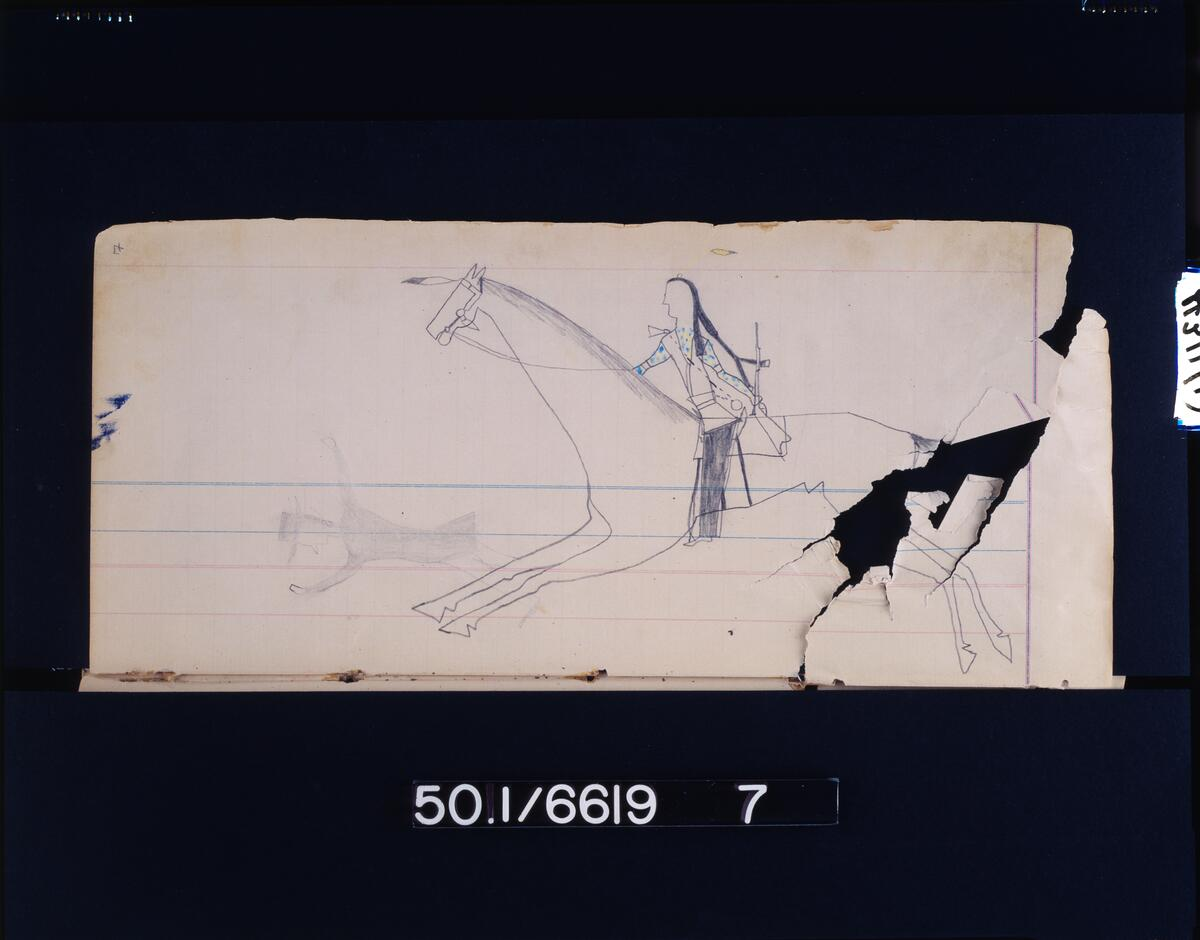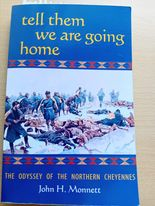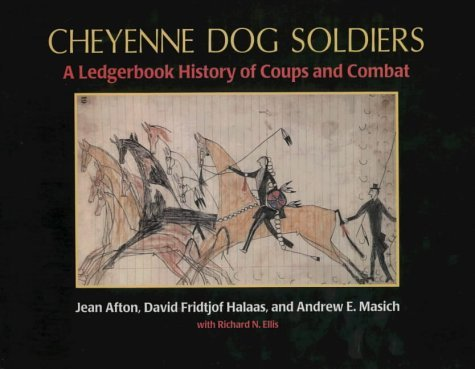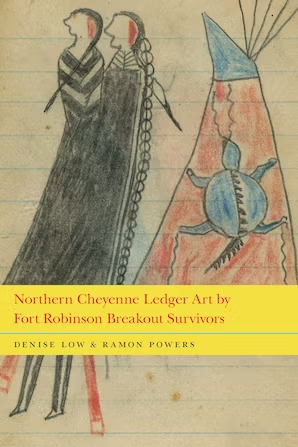Little Fingernail was a
Northern Cheyenne man who remained with Dull Knife’s group (after Little Wolf’s
group broke off and headed for the Medicine Line/Canada) and Dull Knife’s group
got imprisoned in Fort Robinson in 1878. Have you heard of him? His name isn’t
even listed in the Cheyenne dictionary, which is a travesty to me, because that
hints at a forgotten man. (Please search “Dull knife Fort Robinson Break Out”
if you’ve never heard of this event.)
In case you’ve never
heard of Little Fingernail, let me impart what I’ve learned from Edgar
Beecher Bronson about this awesome historian. He documented the flight of the
Cheyenne from the then Indian Territory to the then Wyoming Territory. The
documentation from September 9, 1878, until the artist’s death on January 22,1879
is especially important, because he offered a first-hand real-time account of
the mistreatment of the Cheyenne and their bravery on paper. The artist used
colors the earth offered, charcoal, the innards of a bullet, bits of pencil lead
on wood chewed into a brush to record events he experienced. The People had few
weapons, a lack of comforts such as warm clothing and food, and they had women,
children, and elderly along while fighting their way north against three
generals and their troops. Despite this, Little Fingernail was documenting
everything he could. This would be an amazing account to look at, no matter how
different the style of art was compared to what we see today by artists in
studios with plenty of pencils, brushes, and paints at their disposal.
Colonel Francis H. Hardie
a second lieutenant of the Third Calvary serving at Fort Robinson in 1878 and
1879 tried to get the ledger from Little Fingernail before the famous “break
out.” Little Fingernail refused to part with it. For five days, this
historian froze and starved along with the other prisoners receiving this
treatment compliments of an agent of the US government. What was he recording?
What did Hardie get to see when he opened the ledger before the artist was even
cold in death?
Little Fingernail was
one of the twenty-three brave men who died in a "rifle pit" targeted by “four
troops of the Third Cavalry, A, E, F, and H, commanded by Wessells,”1
who were buried in a mass grave near War Bonnet Creek. Once the artist was killed
and out of the way, this now yellow-colored
(from dried blood), canvas-covered ledger with two .45-70 Springfield carbine bullet
holes in it (because it was strapped to the artists body to free up his hands),
was sent to the colonel’s brother Joe C. Hardie of Washington, D. C. who kept it for twenty years. (Actually, by 1898, it was yellow; by 2023 it's reportedly crystalizing.)
Colonel Hardie intended
to give it to the Smithsonian. Did he? Was it destroyed or tucked away? Has
anyone heard of this warrior or his book? (We have found it is in the American Museum of Natural History in NY.)
I’m hoping it is at least an account within another book. (See below) It is time everyone saw those pictures. If you know anything about Little Fingernail, I would love for you to share what you know with all of us.
1Reminiscences
of a Ranchman by Edgar Beecher Bronson, 1910, 1962 (University of Nebraska);
p.321-322.
Note: I followed an
address I had for where this book was kept in the attic for twenty years.
Unfortunately, the new house on that lot was built in 1889, so one worst case scenario
is it was destroyed with the original house. (The other worst case scenario is that
it is known about and kept from the population.)
https://digitalcollections.amnh.org/asset-management/2URM1TH73737?FR_=1&W=1536&H=726
I wonder if Fingernail with Little before it was his name rather than the concept of the American “Pinky,”
the little finger’s nail. Discussion around his name is on-going. I think it
would be assisted if anyone knows his symbol or Hand Talk name-sign.
Added 11/9/2023:
Gary Leonard said that Powell’s People of Sacred
Mountain contains pictures from the ledger.
According to Oklahoma Dog Man Lance Henson, his name
is Little Fingernail. Lance has written poems about him. He is the source that
Peter Powell informed him that the ledger is crystallizing now.
And truly, it is important to acknowledge the rancher who died when the Northern Cheyenne came upon his animal stock, because it was his ledger that survived way longer than him to tell a story about the People.
Added 11/15/2023 The story of the breakout in 3:55 in PISL.
https://www.youtube.com/watch?v=Aqt9fDepZlE
Added 11/17/2023
I'm interested in all accounts:
https://www.kansasmemory.org/item/219425/page/1










